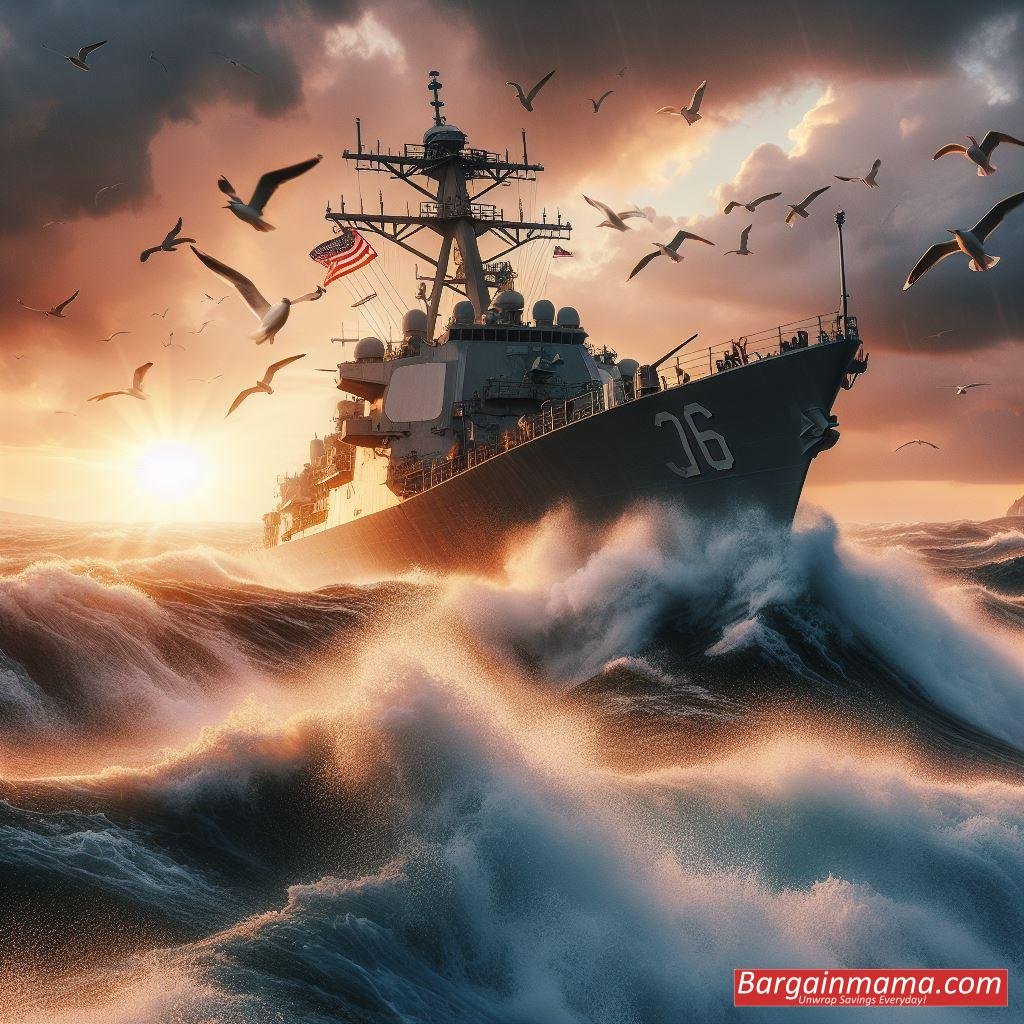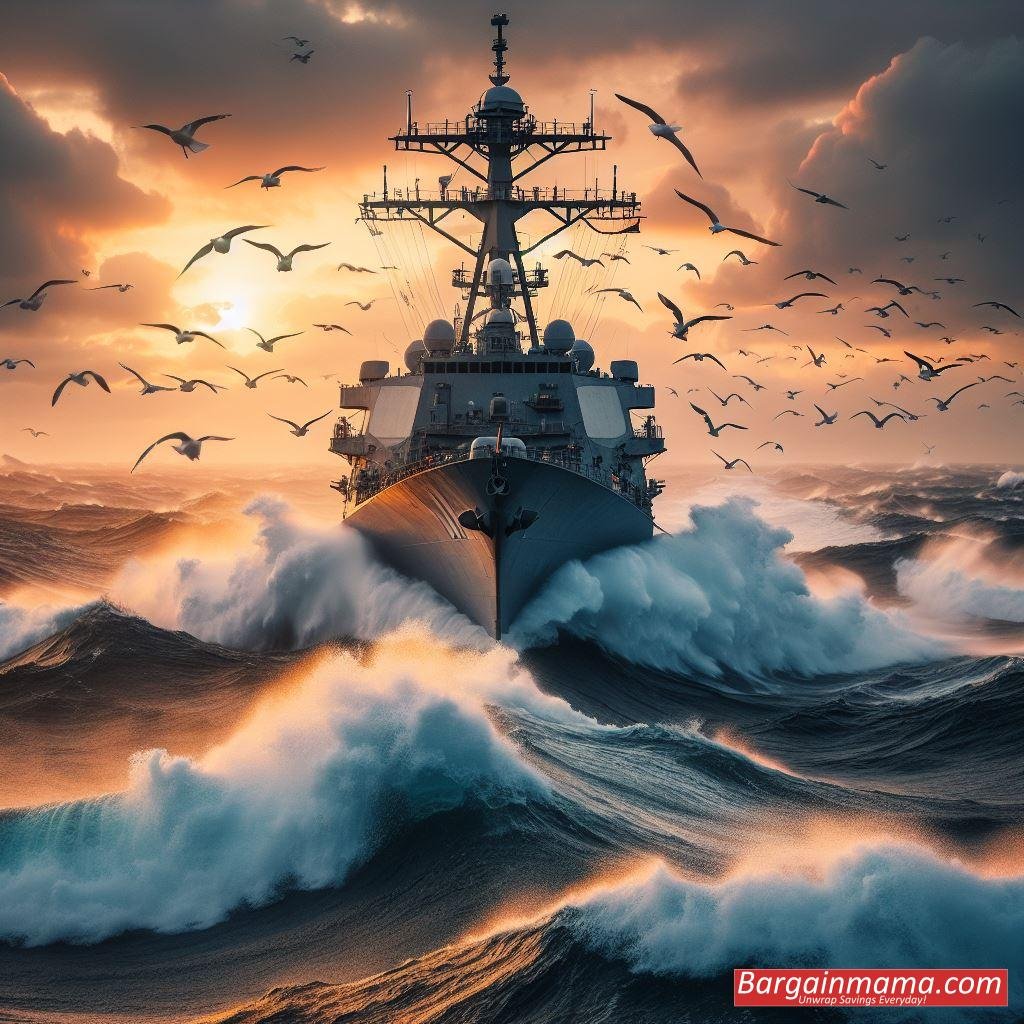Houthi rebels launched anti-ship ballistic missiles against a US-owned ship in the Red Sea on Thursday night, marking a dramatic increase in hostilities.

There were “direct hits” on the relatively tiny chemical ship “Chem Ranger,” according to the rebels supported by Iran. US officials assert, however, that there was no damage or injury to anyone on board when the missiles struck the ocean.
According to TankerTrackers.com, a monitoring service, the chemical tanker’s automatic identification system (AIS) failed earlier this week, as it departed from the Red Sea port of Jeddah, Saudi Arabia, for Kuwait.
This incident is thought to be a direct reaction to weeks of American bombings in Yemen, which have escalated tensions in the Red Sea, hampered international trade, and raised fears of supply shortages.
Speaking on Thursday, President Joe Biden acknowledged that the airstrikes had not been able to stop the Houthi attacks. Declaring that “when you say working, are they stopping the Houthis, no,” he insisted that the military would continue to target the rebels. Yes, they intend to carry on.”
Following a previous wave of missile strikes against militant-controlled targets by ship and submarine, a US official announced on Thursday morning that a fifth strike had been launched, this time targeting a different missile launcher facility.

The Houthi militia persists in harassing military and commercial vessels in Yemen even after the US and its allies have imposed sanctions and carried out military actions, including a coordinated effort by US and British warships and bombers attacking over 60 targets in Yemen. Iran has received a strong warning from the US to stop arming the rebels.
The situation continues to worry British Prime Minister Rishi Sunak, who emphasised that the unlawful attacks must stop since they are endangering lives.
The US and its allies—France and the UK, among others—have launched “Operation Prosperity Guardian” to safeguard maritime trade in reaction to the worsening crisis. These countries’ warships are presently circling the impacted area.
The spokesperson for the national security council, John Kirby, declared, “I’m not going to telegraph punches one way or another,” reaffirming that the strikes would continue as long as they were necessary.
Following Iran’s missile launches on suspected terrorist locations in Pakistan, which prompted Islamabad to launch counterattacks on Thursday, the Middle East crisis worsened. Four children were among the nine casualties reported by Iran. With bombings in Syria and Iraq earlier this week, this was Tehran’s third target nation, raising concerns about a wider Middle East confrontation.

Condemning Iran’s conduct, the US charged that it has breached the “sovereign borders of three of its neighbours in just the past couple of days.” The situation is still unstable, and worries about the possibility of further escalation and its effects on regional stability are becoming more widespread.



